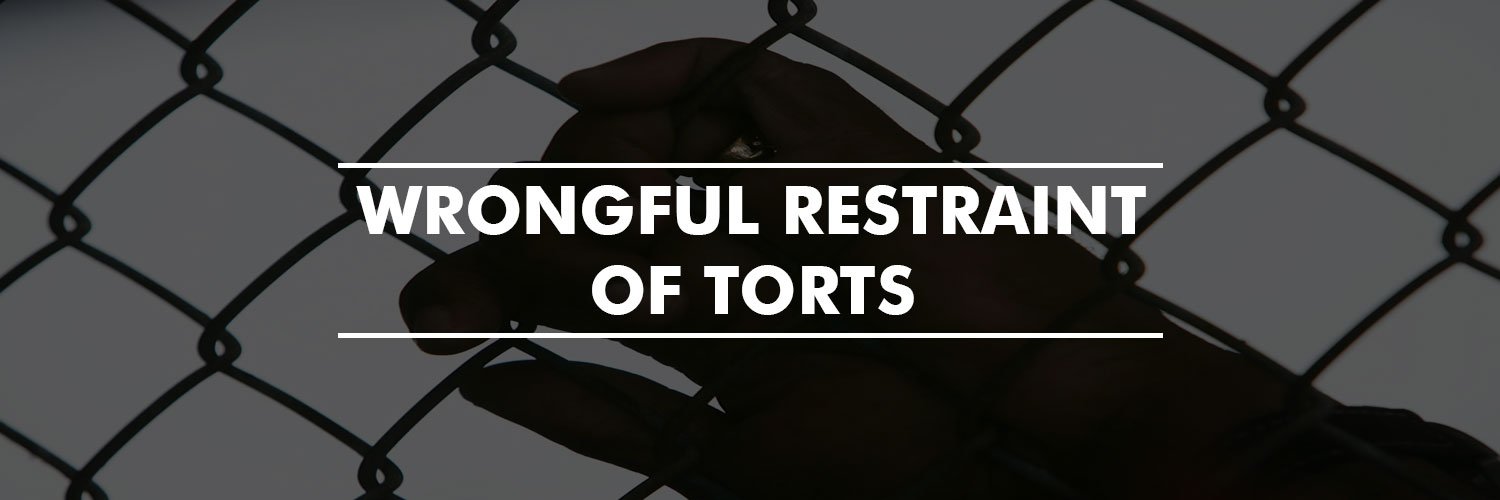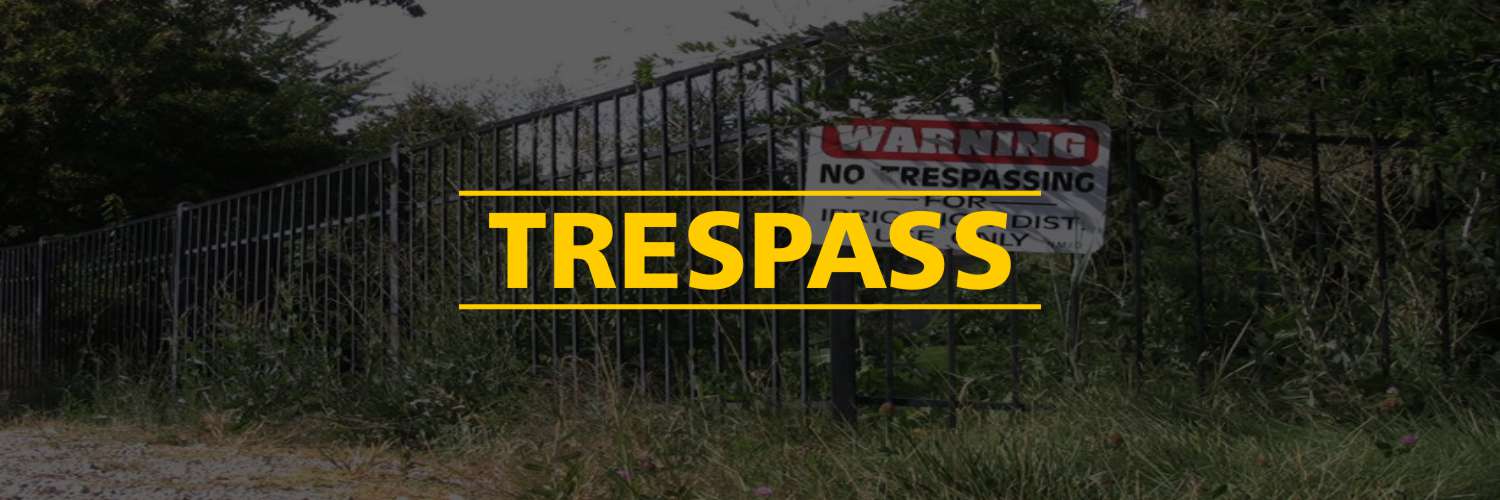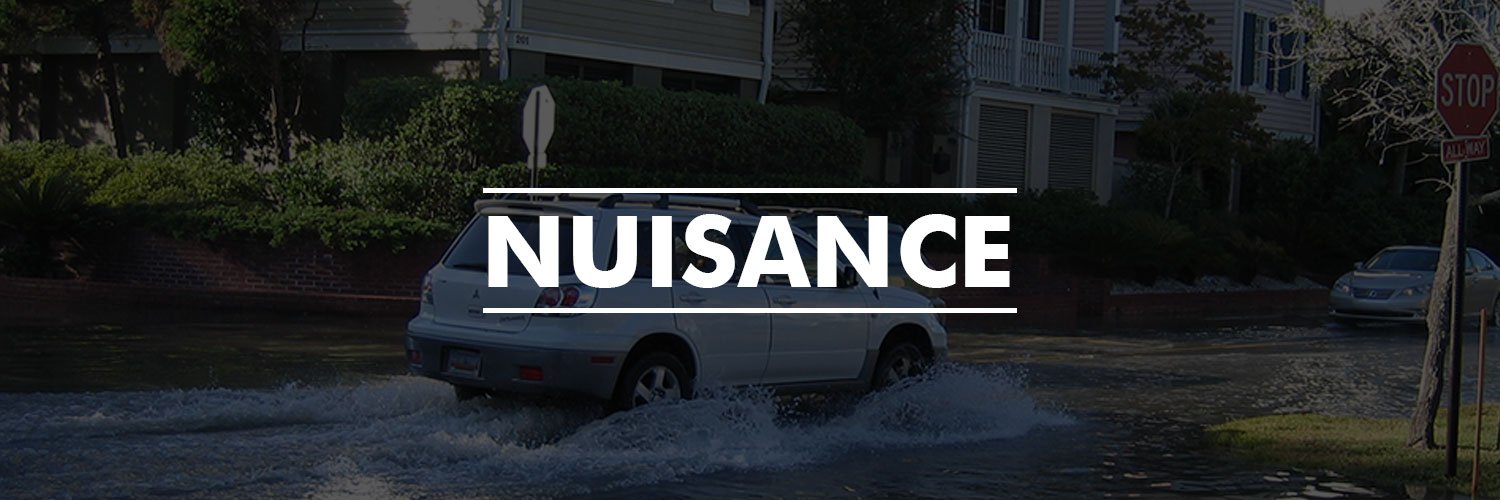MEANING AND DEFINITION
In every day usage it denotes carelessness.
But in its legal interpretation the word carries two senses in the law of torts.
- Negligence as a mode of committing certain torts- trespass, Nuisance or defamation. It denotes mental element.
- An independent tort which consists of a breach of legal duty to take care which results in damage undesired by the defendant. It means conduct rather than a state of mind.
For e.g.: Donoghue v. Stevenson (1932) AC 562-Ginger beer case.
CIVIL AND CRIMINAL NEGLIGENCE
- If mens rea is present – criminal negligence.
- In civil negligence – conduct of the party is important.
DEFINITION-
Negligence is the breach of duty caused by the omission or carelessness to do something which a fair man, guided by those considerations which ordinarily regulate the conduct of human affairs would do or doing something which a prudent and reasonable man would do. Actionable negligence consists in the inattention of the use of ordinary care or skill towards a person to whom the defendant owes the duty of observing ordinary care and skill, which neglect the plaintiff has suffered injury to his person or property.
WINFIELD-
Negligence as a tort/misconduct is the breach of a legal duty to take care which results in damage, undesired and unwanted by the defendant to the plaintiff.
CONSTITUENTS OF NEGLIGENCE
- A legal duty to exercise due care on the part of the party to the plaintiff
- The defendant made a breach of that duty.
- The plaintiff suffered damage as a consequence thereof.
DUTY OF CARE TO THE PLAINTIFF
- It means a legal duty rather than a mere moral, religious or social duty.
- The plaintiff has to establish that the defendant owed to him a specific legal duty to take care of which he has made a breach.
- This duty depends in each case whether a duty exists. It arises out of various relations.
Example- Manufacturer, salesman, landlord, customer, tenant, stranger and so on.
LORD ATKIN-
- “You must take reasonably care to avoid act or omissions which you can reasonably foresee would be likely to injure your neighbor.”
- Neighbor means persons so closely and directly affected by my act that I ought reasonably to have foreseen.
PRINCIPLE OF FORESEE-ABILITY
- Duty depends on reasonable foresee-ability of injury of the plaintiff- If at the time of the act or omission, the defendant could reasonably expect injury to the plaintiff, he has an obligation and a duty to prevent that injury and failure to do that makes him liable for Negligence.
- Duty is owed to those to whom injury may reasonably and probably be foreseeing if the duty is not observed.
Donoghue v. Stevenson (1932) AC562– A purchase a bottle of ginger beer from a trader for the appellant, a lady friend- after ½ consumption she found a decaying body of a snail in her glass- she seriously suffered in her health- the bottle was dark opaque glass and closed with a metal cap so its content was not visible-she bought an action against the manufacturer for damages.
The defendant pleaded that–
- He did not owe any duty of responsibility and care towards the plaintiff.
- The plaintiff was a stranger to the contract and her action was, therefore, not maintainable (Privy of contract).
But all these defenses were refused and defendant held liable for negligence.
Booker v. Wenborn (1962) All ER 431– A porter was hit by the door of the train kept opened by the defendant after catching the train –held liable.
PV George v. Kochappin AIR 1972 Ker 159– 5 years boy was hit by a motor cyclist in heavy vehicle’s traffic- held liable.
Dr. M Mayi Gowda v. State of Karnataka (1996) CPJ 307 – The complainant with 5 children took an elephant joy ride in Mysore Dasahara exhibition- thrown on the ground while getting down the baby bed when elephant became panicky and run forward-claimed Rs. 9,90000- held no negligence.
S Dhanaveni v. State of TN AIR 1997 Mad 257-Electrocted while avoiding fall in a pit filled with rain water and died- electric board held negligent.
Rural Transport Service v. Bezlum Bibi Air 1980 Cal 165-a passenger Taher Seikh was travelling on the roof of the bus-struck by an overhanging branch of a tree-Head injury and died-held driver and conductor both liable for negligence.
BREACH OF DUTY
It means non-observance of due care which is required in a particular situation. The standard of care is that of a reasonable man or of an ordinarily reasonable man.
State of Bihar v. SK Mukherji AIR 1976 Pat 24– Assistant Engineer in the Irrigation dept. posted in the Kosi Project was provided with a boat by the department to cross Kosi –because of swift current in the river the boat flipped and son of respondent was drowned-state was held liable for not providing standard of care (negligence) by not providing life saving device in the boat in the river Kosi, famous for roily current.
DAMAGE
- It is also necessary that the defendant’s breach of duty must cause damage to the plaintiff.
- Burden is on the plaintiff to prove damage and it should not be too remote.
RES IPSA LOQUITUR
Meaning– the thing speaks for itself.








